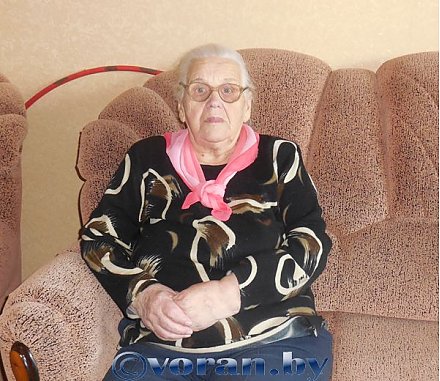THE HISTORY OF A SOLDIER
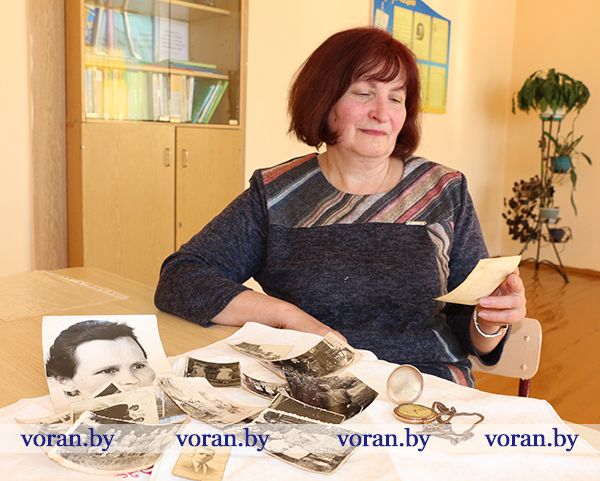
Hanna Chaslavauna Yazukevich tells us about the life of Chaslau Vikentyevich Klimasheusky, a soldier of World War II and the Great Patriotic War.
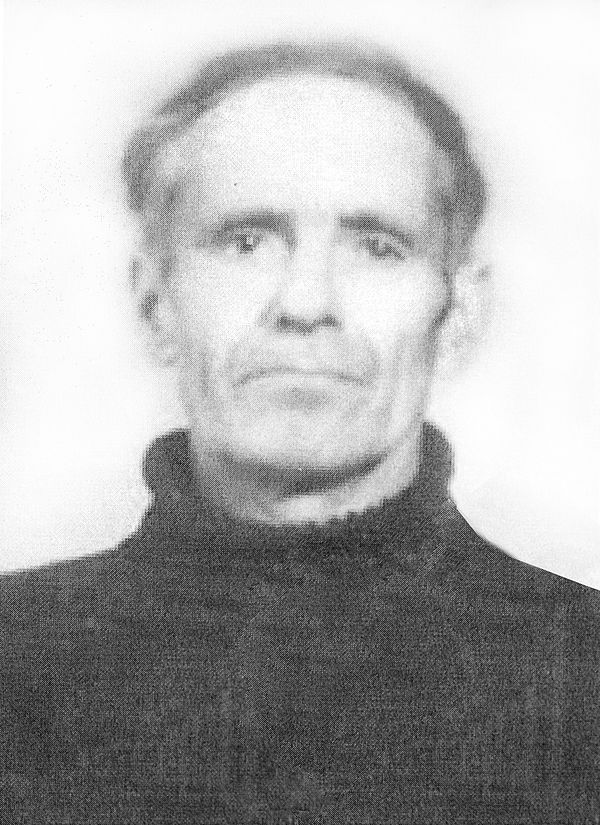
CHILDHOOD
My father was born in Astrahan region. Why it happened so is a particular story. As you know many Belarusians became refugees during World War I. They left their native land and ran away from the war. My granddad with his family also went to look for a better destiny and turned up on the banks of the river Volga. They returned home when my dad was two years old. It was early spring. Hunger was terrible, they couldn’t find any grass, nettle or quinoa so as to cook something to eat. Soon mother died, father got married again and my dad was brought up by mother-in-law. The life was so difficult that he couldn’t even walk until he was five as the child’s body was too weak because of lack of food and vitamins.
YOUTH
There was a Polish primary school in Nacha, which my father left. I think he was a good pupil because I remember he helped me with mathematics even in the seventh form. Gradually the life was becoming better and peasants got the opportunity to buy a plot of land and work on it. But it was not enough to feed the family. Father took an extra work in the forest. He earned enough to buy a bicycle with special wheels. It was rather expensive at that time and was considered an indicator of well-being.
In 1937 my dad was called for service in the Polish Army. On the first of September 1939 World War II began. The Polish Army was defeated and father returned home . On the 17th of September Western Belarus was joined the rest of Belarus and Soviet power was established. As old timers recalled the residents didn’t have patriotism. People couldn’t understand who was “theirs” and who was “an alien”.
WAR YEARS
In the first years of the Great Patriotic War father didn’t fight, some time he helped partisans. Once he helped a Red Army Commander, who found himself on the occupied territory, to make documents and cross the frontier. When the Germans learnt about it they arrested father. Fortunately he managed to run away. Then the Germans arrested his elder brother and a sister with a little child. Afterwards they were also released. That arrest did harm to father’s sister. Soon she and her little son died.
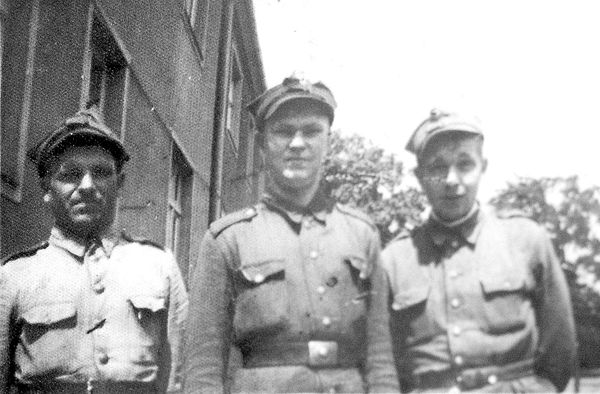
LONG-AWAITED RELEASE
The 3rd of July 1944 is a remarkable date for all the Belarusians and especially for our family. On this day my parents Chaslau Vikentyevich and Victoria Kanstantinauna became husband and wife.
On the 13th of July 1944 after the liberation of our territory from the Germans, mobilization was announced. The men joined the army. My father was among them. At the beginning of 1945 he is a shooter of the 11th rifle regiment of the Polish Army. The most difficult memories are associated with this period. A lot of people died while crossing the river from bombing and shelling.
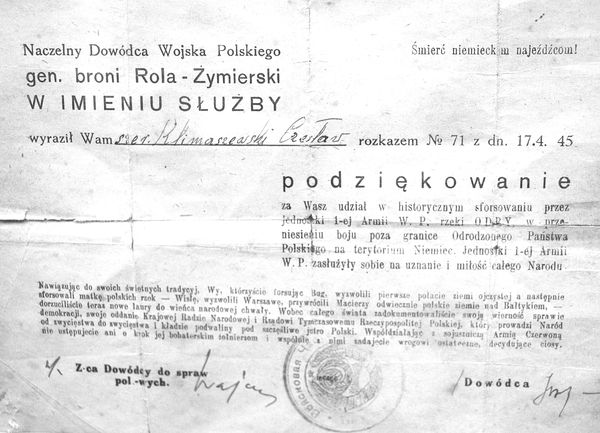
Chaslau Vikentyevich ended the war on the territory of Germany. He came back home in October 1945. He was met by his wife and a daughter – my sister Teadora was born in August 1945. It was the first meeting with her father. It is considered that she and the great Victory are of the same age.
TROPHIES
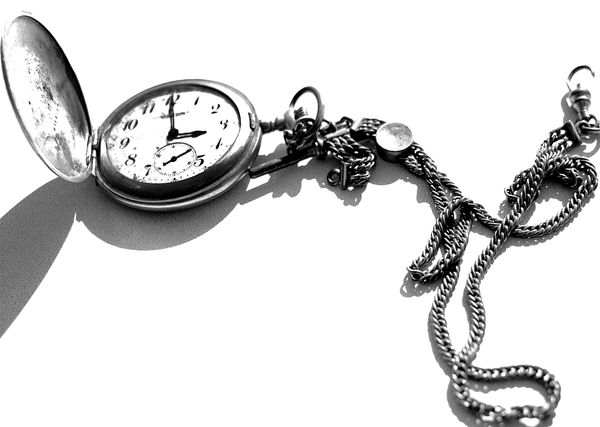
Father returned from Germany with victory and presents. For mother – a piece of cloth, an alarm-clock and a kilo of sugar for his first child ( he didn’t know who was born). It’s a pity all this was stolen at the railway station. But so called trophies such as a sewing machine and an aluminum cup helped a lot in the household. Flax towels with embroidery, an American clock on the chain made in Boston and a spoon. The spoon was with father all the war, and to eat with this spoon was a great award for us, children, and later for his grandchildren. Now it took a honorable place in the war exposition of the school museum.
Chaslau Vikentyevich was awarded with the medal “For the Victory over Germany” and an anniversary medal “20 Years of the Victory over Germany”.

POSTWAR LIFE
The first postwar years were not easy. Shots rang out for a long time, people died, because there were a lot of criminals on our territory who killed activists, communists, robbed people. I remember (it was much later) when my parents and neighbours who came to us for the party, recalled the life “at the Polish time” and the war years, anxious postwar time and work on the collective farm for “labour days”. They enjoyed their peaceful life, lived, built houses, worked, brought up children and grandchildren. That was the destiny not only of my father but also of my neighbours, acquaintances, all the people who survived under difficult circumstances.
Galina Shlempo
Translated by Zinaida Tserpitskaya




